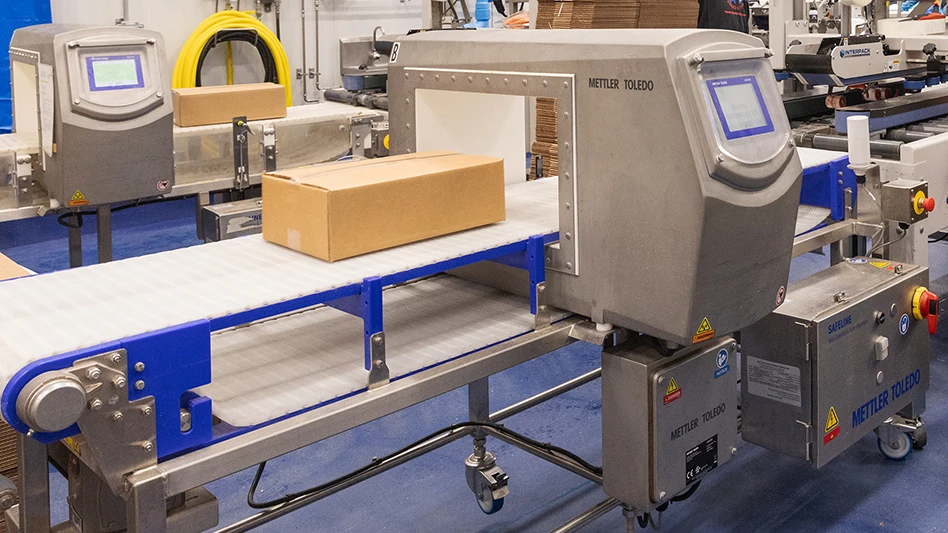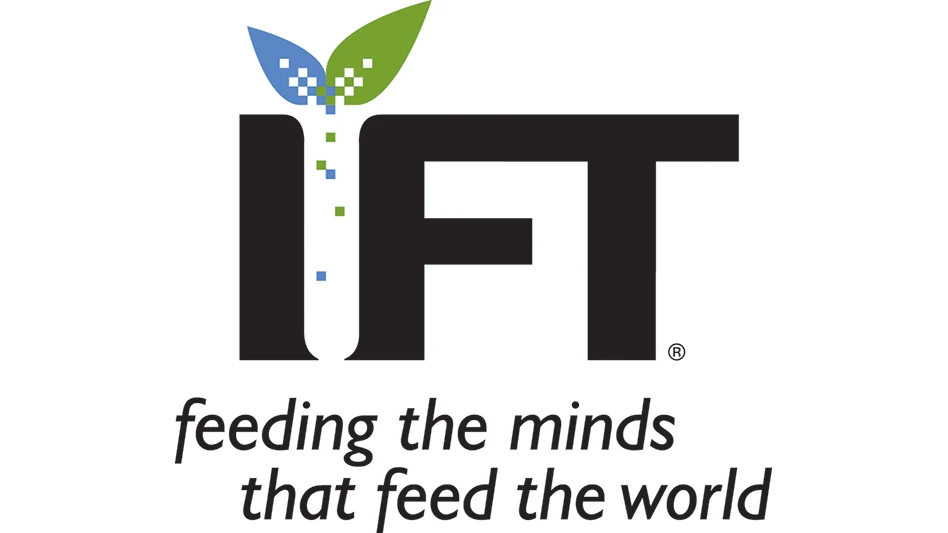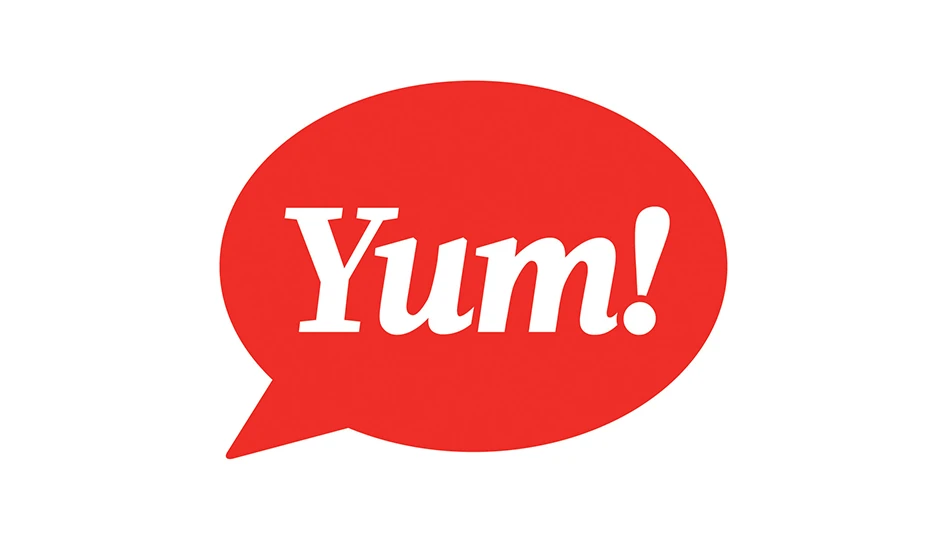
1. How do you assess the surface sanitation needs of your food processing partners?
Through observation and discussion of their current processes, we evaluate the specific needs of each production facility and cultivate a unique program tailored to fit their requirements and improve existing procedures. Our distinctive and malleable surface sanitation products allow us both flexibility and creativity when problem-solving and finding solutions that optimally serve customers on a case-by-case basis.
2. What are some common misconceptions in the food processing industry regarding surface sanitation?
One of the most common misconceptions is that you need a wide variety of products to get the job done. Often, food processors use 15 or more diluted chemicals to sanitize their facilities, leading to increased labor costs, training and downtime — time that could be dedicated to food processing. Ready-to-use sanitation products can greatly reduce those unneeded costs and interruptions to production while meeting all sanitation requirements of those facilities.
3. What should I look for in a surface sanitizer?
Alcohol-based formulas are highly evaporative and ideal for water-sensitive equipment and low moisture environments. For best results, choose a surface sanitizer that has the fastest kill time recognized by the EPA. The EPA recognizes food contact surfaces can be sanitized in 60 seconds and non-food contact surfaces in 10 seconds. A ready-to-use, no-rinse-required surface sanitizer that can be used to clean and sanitize saves production time and simplifies the process. Choose a surface sanitizer that is NSF listed, EPA registered and holds certificates important to your facilities, such as Kosher, Pareve and Halal.
4. Are there any surfaces that are commonly overlooked in the surface sanitation process?
While essentially all surfaces in a food processing environment require sanitation, surfaces that can transport or facilitate the growth of bacteria, such as gloves or footwear, are at risk of being overlooked. Our HACCP SmartStep2™ Dual Footwear Sanitizing Unit uses compressed air and no electricity to deliver an atomized spray of surface sanitizer to the bottom of footwear soles, providing consistent, measurable sanitation results for each application on the production floor.
5. Which surface sanitizer would you recommend for food processors?
Alpet® D2 and Alpet® D2 Quat-Free Surface Sanitizers are ready-to-use, highly effective, evaporative and have the fastest kill times available for food contact and non-food contact surfaces. They are both NSF listed, EPA registered, Kosher, Pareve and Halal certified. Both products work tremendously when used in unison with the HACCP SmartStep2™ Dual Footwear Sanitizing Unit.
5 Questions with Steve Ardagh, CEO and Founder, Eagle Protect; glove industry authority for 20 years

Explore the September October 2022 Issue
Check out more from this issue and find your next story to read.
Latest from Quality Assurance & Food Safety
- CSQ Invites Public Comments on Improved Cannabis Safety, Quality Standards
- Registration Open for IAFNS’ Fifth Annual Summer Science Symposium
- Leaked White House Budget Draft Proposes Shifting Inspection Responsibilities from FDA to States
- Chlorine Dioxide: Reset the Pathogenic Environment
- Ferrero Group Invests $445 Million in Ontario Production Facility
- Nelson-Jameson Announces Grand Opening for Pennsylvania Distribution Center
- Taylor Farms Linked to Romaine E. coli Outbreak as Marler Clark Files Multiple Lawsuits Against Supplier
- IAFNS Announces Winners of Emerging Leader Awards for Food Safety, Nutrition





